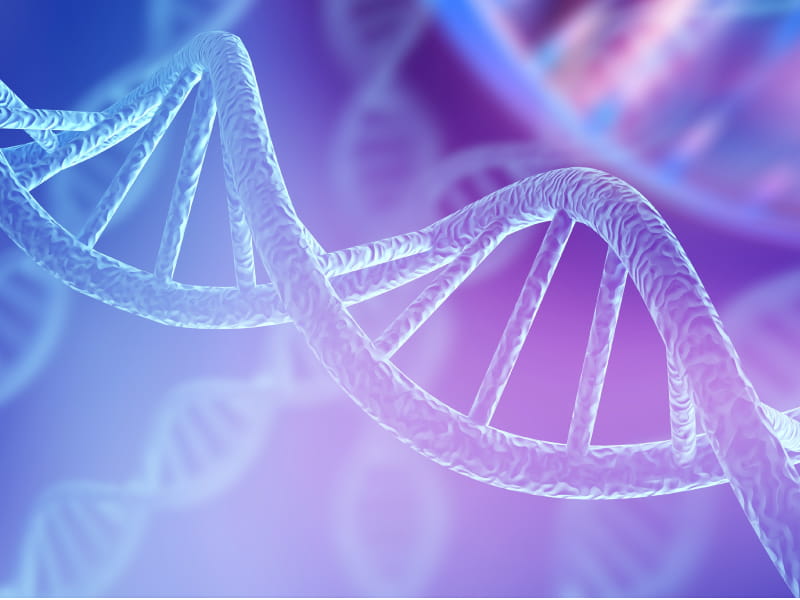Genetic testing a tool for families dealing with certain heart diseases
By American Heart Association News

Investigating the hereditary roots of some cardiovascular diseases could help patients and their doctors make decisions, identify risks and manage treatment, according to a new report.
The scientific statement from the American Heart Association summarizes what's known – and what needs further research – about the genes that influence heart disease, and how genetic testing can impact how those conditions are managed. The report was published Thursday in the journal Circulation: Genomic and Precision Medicine.
"With most genetic cardiovascular diseases, inheriting a mutation (or variant) from a parent substantially increases the risk of getting the disease but does not guarantee the disease," Dr. Kiran Musunuru, chair of the statement's writing group, said in a news release.
"In some cases, it might be possible to act early and prevent the disease," said Musunuru, professor of cardiovascular medicine and genetics at the University of Pennsylvania's Perelman School of Medicine in Philadelphia. "In other cases, having the mutation for a genetically caused cardiovascular condition might lead to different and possibly more aggressive treatment."
Cardiovascular conditions that may have an inherited genetic component, according to the statement, include:
– cardiomyopathies, heart muscle diseases that can lead to heart failure
– thoracic aortic aneurysms and dissections, which can cause the body's major artery to balloon and rupture
– arrhythmias, abnormal heart rhythms that can be deadly
– familial hypercholesterolemia, extremely high LDL cholesterol levels that greatly increase the risk of heart attack
"Although genetic testing has seen explosive growth in the past few years, both in the clinical setting and with direct-to-consumer testing, genetic testing for heart disease should be reserved for specific patients," Musunuru said.
Before considering testing, the statement says a health care provider and patient should document family medical history, ideally going back three generations, to determine if there is a pattern of certain types of heart disease. Then, the screening should be reserved for people diagnosed with an inherited cardiovascular disease or suspected of having one, or for those with a family member who has a gene variation for one of the conditions.
Because immediate family members such as parents, siblings or children might share genetic variants predisposing them to an inherited heart disease, they are considered at higher risk for the conditions. So, once a genetic variant is identified, immediate family should consider testing and counseling, the statement said.
Despite advances in human genetics that have improved the understanding of inherited cardiovascular diseases, the statement cautioned there are still a lot of unknowns. In many cases, genetic tests can be inconclusive. Or someone diagnosed with an inherited cardiovascular disease may not test positive for any genetic variations.
"Another issue is that we have not yet clarified the full spectrum of genes that are responsible for various inherited cardiovascular diseases. We are still very much in discovery mode, with ongoing research efforts," Musunuru said. "Genetic testing methods are evolving, and reliable classification of variants identified in genetic testing will remain a preeminent challenge for the practice of clinical genetics."
If you have questions or comments about this story, please email [email protected].





